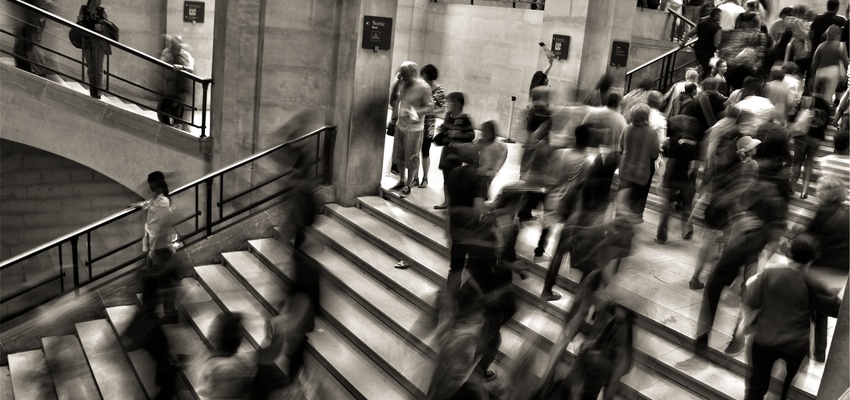by
User Not Found
| Oct 16, 2015
Natasha Redden, Communications Manager, Asia Education Foundation

In the wake of the Parramatta shooting last week, it’s important to remember that ensuring our students maintain a respect for the different cultures they encounter is as critical a challenge as preventing the radicalisation of more young people.
In the days following these horrific events (and the increased focus on family violence), the Victorian Government announced it will be introducing respectful relationships education into the school curriculum next year. As Victorian Education Minister James Merlino notes, ‘understanding the diversity of our world is so important to the success of students and it deserves a proper place in our school curriculum.’
In fact, the best way to pre-empt any type of negative cultural bias in our community is to teach children how to participate in a balanced debate of social issues. This equips them to respectfully challenge information and ideas so they don’t become party to the danger of social and cultural stereotypes.
The corrupted form of Islam being used to justify the cause of the terrorist group ISIS, for example, has very little resemblance of the peaceful traditions of the religion in our region. In the days following the murder of police accountant Curtis Cheng by 15-year-old Parramatta schoolboy Farhad Khalil Mohammad Jabar, Prime Minister Malcolm Turnbull called for all Australians to foster mutual respect for all cultures in our communities saying, ‘if we want our faith, our cultural background to be respected, then we have to respect others.’
In a strong new stance on the matter, Turnbull focussed his concern on a unified response to all forms of cultural bias in the community as a key driver of violent extremism. ‘We have to call out the language, the examples of disrespect, the language of hatred wherever it is practised,’ he said.
Indeed it’s important to remember where hate begins, and ensure social disharmony and vilification are prevented through education on the virtues of the multicultural society that has enriched the social fabric of our great nation in so many ways. There is no silver bullet for the problem of radicalisation our community faces today. Work being done by academics and experts in the field of security is essential however these efforts are often reactive and do not tend to impact the majority of our youth and get to the heart of this social issue of respect.
In the Australian Curriculum, intercultural understanding is considered a general capability for all students by the time they leave school. This capability comprises three interrelated organising elements: recognising culture and developing respect; interacting and empathising with others; reflecting on intercultural experiences and taking responsibility [ACARA, 2015].
What’s important to note is the emphasis on skills-based learning. Certainly, learning about the geography, religions or history of another culture is valuable knowledge that can inform the understanding of different cultures, but we need to do more to actually empower our students with the skills to be able to negotiate and participate respectfully in the incredibly complex network of diverse, dynamic and interconnected communities that we are all a part of.
The United Nation’s Global Education First initiative prioritises the concept of shared values as key to helping young people forge more just, peaceful, tolerant and inclusive societies, noting that ‘education must also be relevant in answering the big questions of the day.’ We need to socialise our students with a broad group of people, and expose them to the many different walks of life that thrive around them.
That can be achieved through international and local school partnerships, patronage of cultural institutions like museums, galleries, restaurants and theatres, engagement with extra-curricular groups outside of their class, the discussion of current affairs, local and overseas travel to places outside of their comfort zone, and more broadly speaking, the exploration of ideas beyond events and people. The Asia Education Foundation, for instance, hosts a number of professional learning programs for teachers and school leaders on this front.
Ignorance and intolerance can cause a vicious cycle, where fear breeds hate, and hate breeds violence. If we want to prevent our young people from both falling prey to, and being the victim of such attacks, we need to meaningfully and respectfully engage our kids with the world around them. The real enemy isn’t ISIS, it’s a community that doesn’t take positive action to avoid any form of cultural bias and discrimination. School education is central to achieving this.
Comment